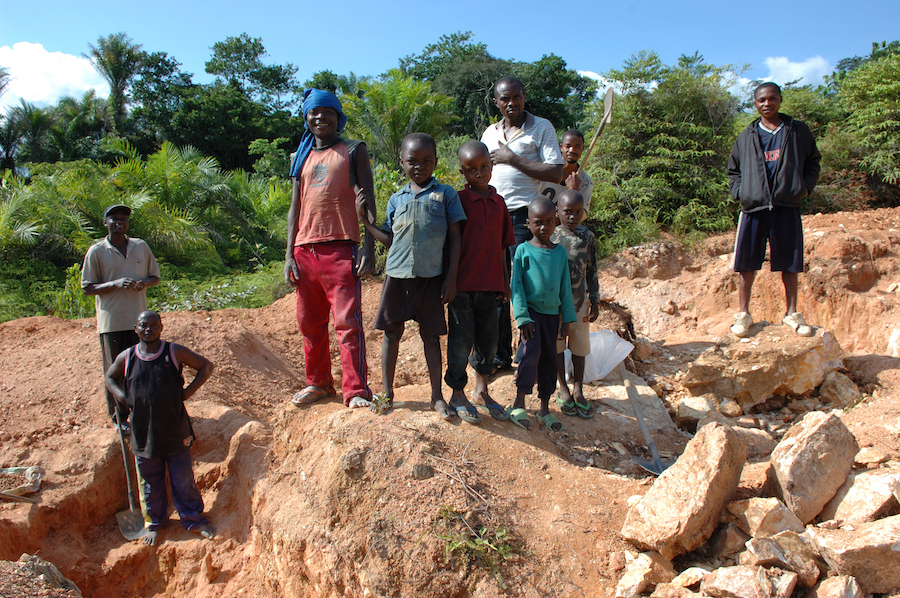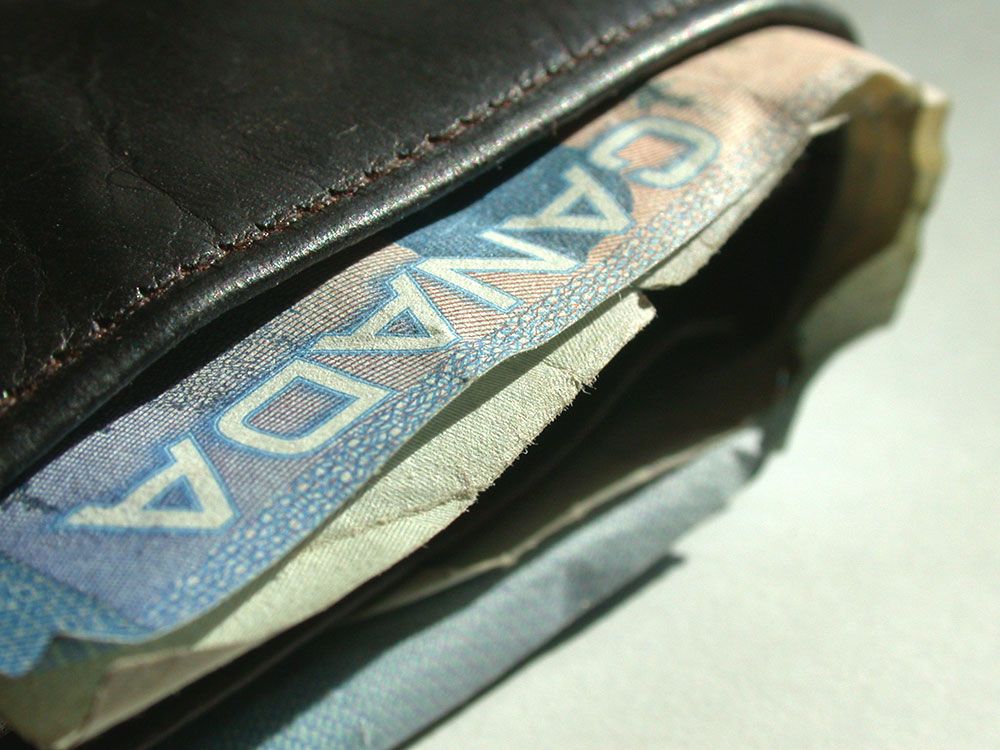
The demand for cobalt, copper, tin and tungsten has increased, but these minerals are often sourced by artisanal miners with 250 million people globally depending on this informal industry, many of whom are in sub-Saharan Africa.
“It is the most unsophisticated $100 billion market in the world,”
said Marcus Scaramanga, Minexx CEO said. “But now advances in technology, such as blockchain and digital payments, give us an opportunity to reshape this sector, from the moment a mineral comes out of the ground, tracing its journey into our consumer goods.”
Miners are able to confirm the exchange of ore for income via mobile payment, ensuring miners get paid fairly and on time
Blockchain – the immutable digital ledger – plays a critical role in improving the traceability schemes. Coupled with digital payments, it brings the supply chain into the financial system.
The Minexx blockchain platform has global application and enables trade and compliance. Minexx is partnered with the UK’s Foreign, Commonwealth and Development Office (FCDO) and its Frontier Technologies Livestreaming Program.
The project at mine sites in South Kivu, DRC, tested how miners accept digital payments through the Minexx platform. Miners are able to confirm the exchange of ore for income via mobile payment, ensuring miners get paid fairly and on time.
From January 1, the EU brought in new regulations to ensure companies importing tin, tungsten, tantalum and gold, meet international responsible sourcing standards set by the OECD. It requires companies to carry out due diligence from this date by law.
The EU regulation also aims to ensure that global and EU smelters and refiners source these minerals responsibly.




